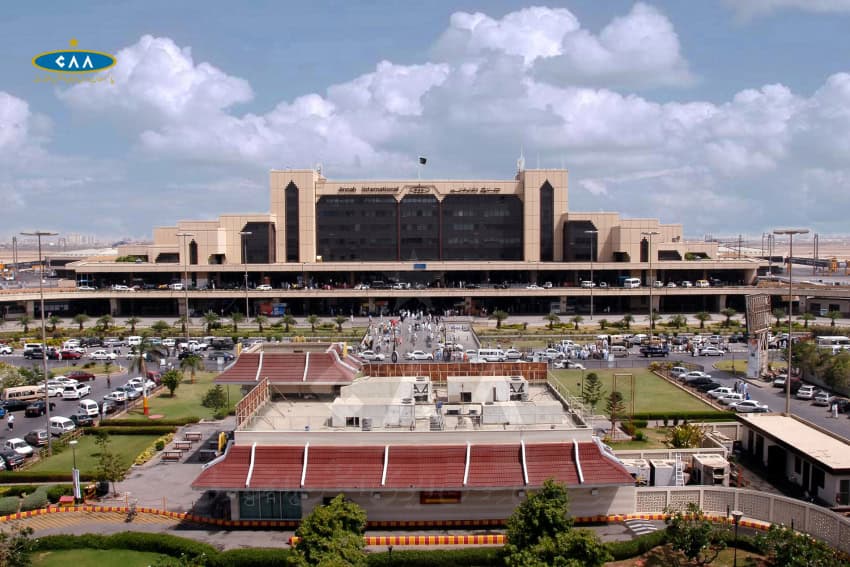A two-member Canadian team will arrive in Pakistan next week to assess security arrangements at Jinnah International Airport in Karachi, the Pakistani Civil Aviation Authority (PCAA) announced on Monday.
The team, consisting of officials from Transport Canada, a Canadian government entity responsible for policies and services related to road, rail, marine, and air transportation, is scheduled to arrive on July 14.
Their assessment at Karachi airport will begin on July 15 and will focus on aviation security documentation, airport arrangements, catering, and cargo complexes, according to the PCAA.
“The goal is to ensure that the aviation security overseen by the Pakistan Civil Aviation Authority (PCAA) complies with the standards set by the International Civil Aviation Organization (ICAO) and Transport Canada,” the PCAA said in a statement.
“The PCAA is fully prepared for the assessment and is working closely with all stakeholders, including airport management, the Airports Security Force (ASF), Pakistan International Airlines (PIA), cargo operators, and catering companies.”
The authority noted that PIA, which operates direct flights to Canada, would be of particular interest to the Transport Canada team.
This assessment will be the fifth international evaluation of Pakistan’s aviation security system.
The PCAA has successfully passed all previous inspections, including the recent inaugural assessment by the United Arab Emirates General Civil Aviation Authority (UAE-GCAA) of Islamabad and Karachi, which concluded on July 5.
Pakistan’s aviation protocols have faced significant scrutiny since 2020 following a scandal in which approximately 262 out of 860 active pilots were found to have obtained fake licenses, leading to the grounding of around 150 pilots from PIA and other carriers.
This revelation came in the wake of the tragic crash of PIA Flight 8303 in Karachi, resulting in the suspension of PIA’s operations in the European Union (EU) and other regions and prompting calls for regulatory reforms to improve safety standards and transparency.














